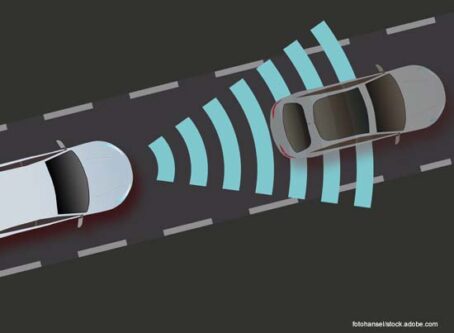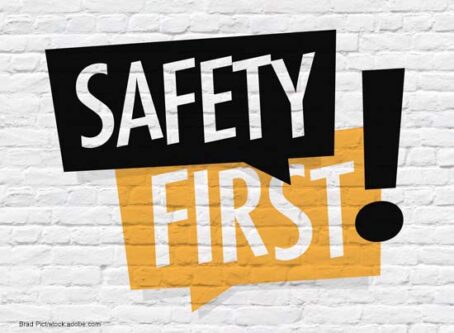National Labor Relations Board tightens worker classification standards
A decision issued by the U.S. National Labor Relations Board on Tuesday, June 13, makes it more difficult for a worker to be considered an independent contractor.
The board steered away from the Trump administration’s “entrepreneurial opportunity” standard for classifying workers and returned to an Obama-era test that is guided by a list of common-law factors.
“In today’s decision, the board returns to the independent contractor test articulated in FedEx II and reaffirms the board’s commitment to the core common-law principles that the Supreme Court has determined should guide the board’s consideration of questions involving employee status,” the NLRB’s Lauren McFerran said in a news release. “Applying this clear standard will ensure that workers who seek to organize or exercise their rights under the National Labor Relations Act are not improperly excluded from its protections.”
The board’s recent decision was in response to a case involving makeup artists and other workers at the Atlanta Opera. The board determined that the workers were employees and could seek union representation.
According to the board, the evidence did not show that the stylists rendered services as part of their independent business.
In recent years, worker classification has been a controversial issue in a variety of industries, including trucking. California attempted to address the problem by passing Assembly Bill 5, which makes it nearly impossible for a leased-on truck driver to be considered an independent contractor. Opponents of AB5 claim that it is forcing truck drivers to leave California and is threatening the continuation of the longstanding owner-operator model in the industry.
The Owner-Operator Independent Drivers Associations opposes AB5 and says that classification should be based upon the actual experience between a business and a worker rather than “theoretical interpretations.”
“OOIDA is aware of, and sympathetic to, the plight of truck drivers who are mistreated by motor carriers,” the Association wrote in amicus brief filed to the NLRB in February. “This most often occurs when a motor carrier labels its drivers as independent contractors but imposes onerous demands on them and exercises such control over them that the drivers cannot be considered to be managing their businesses.”
OOIDA said there needs to be protections for drivers, but the policies must also allow true independent owner-operators to remain in business. The ABC Test, which was the basis for California’s Assembly Bill 5, could threaten the owner-operator model, which allows a truck driver to be leased to a carrier while still running his or her own business.
“Instead of enforcing existing traditional classification standards and other legal remedies that would support owner-operators’ rights, some policymakers have sought to remedy these drivers’ poor working conditions by establishing new categorical classification rules that threaten to abolish the owner-operator business model itself,” OOIDA wrote. LL









